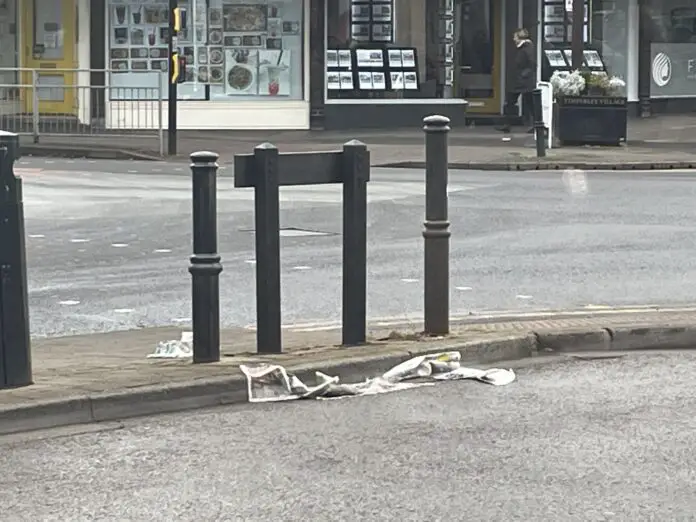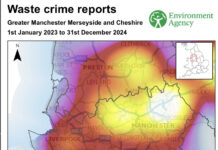A report out today reveals the reality that it is almost impossible to find anywhere that isn’t impacted by litter, and the detrimental effect this is having on people and places.
Crucially, the report highlights how it is the most deprived communities that are most impacted by litter.
Keep Britain Tidy’s found that more than 90% of the 1,140 miles of urban and rural sites surveyed by Keep Britain Tidy over the past decade were found to contain litter, with the latest survey showing just nine in every 100 locations in England to be litter-free.
Over three quarters of people believe the country’s litter problem has got worse in recent years, with seven in ten now noticing litter in their local area daily.
Researchers found almost three times as much litter in the most deprived areas compared with the least deprived, while litter-free spaces were seven times less likely to be found in the most deprived communities.
The report revealed overwhelming public support for prevention measures to tackle the problem, including anti-littering campaigns. A lack of pride in maintaining local community spaces was seen as a contributing factor to an increasing litter problem by six in ten people (62%), while more than half (52%) believe that littering has become normal behaviour.
Allison Ogden-Newton OBE, Chief Executive at Keep Britain Tidy, said:
“Our report is a wake-up call. It shows that litter is more than an eyesore – it prevents investment, creates inequality, damages the environment and makes people feel depressed and unsafe. It’s unacceptable that the most deprived communities are bearing the brunt of the country’s litter problem. We believe that everyone, wherever they live, should be able to take pride in their environment - but we cannot achieve this alone.”
“If we are to make significant strides towards creating litter-free spaces for everyone, we need to set a new course and take coordinated action. Our research shows strong support for preventative measures to tackle this issue, demonstrating the public desire to ‘turn off the tap’ of litter, rather than ‘mop up the problem’.
“However, this requires a plan and cooperation at every level. We need a national strategy with robust targets and monitoring, clear focus and adequate resourcing. We’re calling on the government, industry and individuals to work together with us to create a future where litter-free spaces are the norm, rather than the exception.”







